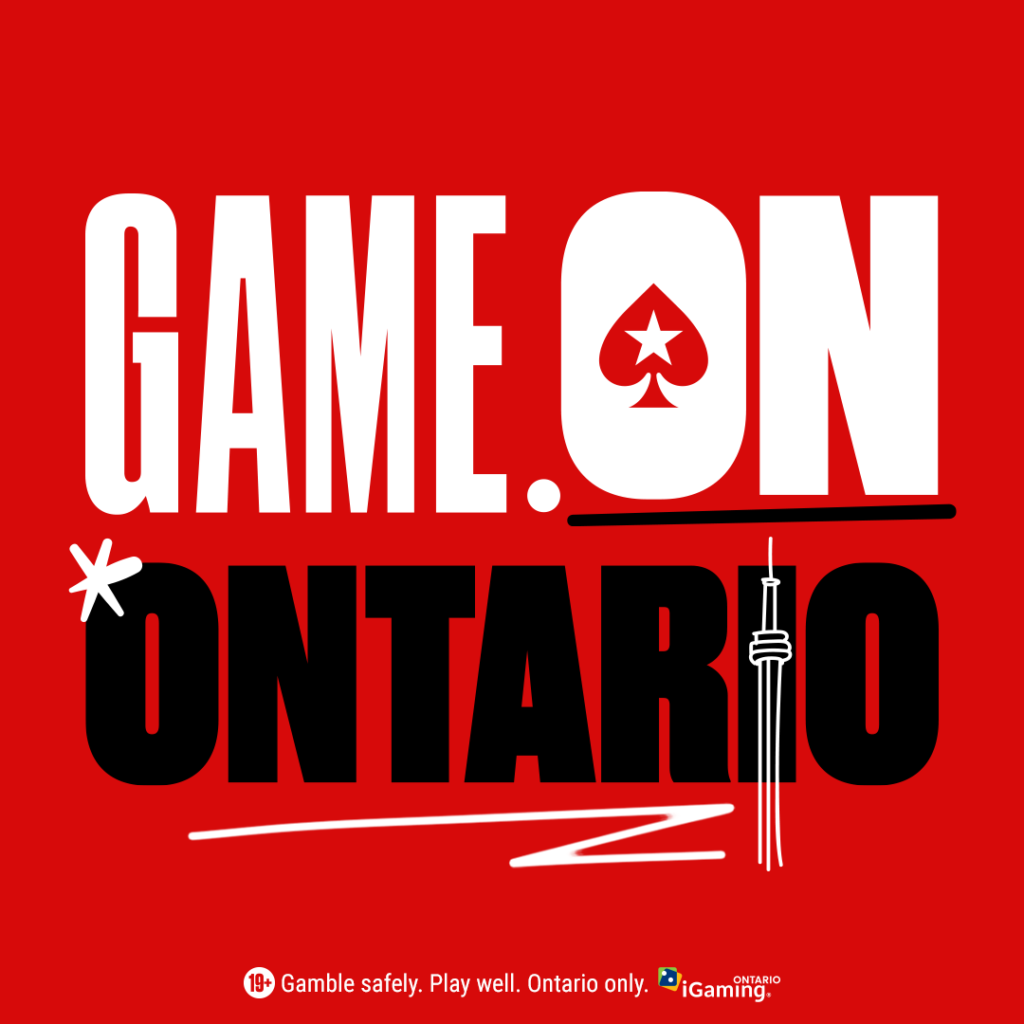The Canadian province of Ontario’s internet gaming community evolved earlier this year. In lieu of having unrestricted access to a variety of online gaming alternatives from across the globe, including sports betting, daily fantasy sports (DFS), casino gaming, and online poker, Ontarians were the only Canadian citizens who were “ring gated” from accessing gaming opportunities. Instead, citizens of Ontario were relegated to government-approved gambling establishments that were exclusive to the province.
It has been seen in a variety of contexts and nations. In the United States, gaming choices have been delegated to the states, resulting in a patchwork of differing rules, regulations, and alternatives. In Australia, the regulation of internet gambling has resulted in a near-ban on ALL online betting. With varied degrees of success, several European countries, notably Spain, Italy, and France, have waded into the seas of stringent regulation.
After a period of time has elapsed after the implementation of the restrictions in Ontario, Poker News Daily want to gauge the opinions of the citizens of the province. What we discovered was a province content with the status quo. While they do not oppose government controls on gambling, many believe that greater consideration should have been given prior to enactment. Moreover, some individuals are upset.
What’s Going on?
Prior to September 2021, the whole Canadian population had a highly positive connection with internet gaming. One of its indigenous tribes, the Kahnawake Indians, even operated a gaming server from their reserve that serviced to several prominent online poker houses. Online gambling was theoretically banned under Canadian law; however, no government agency actively enforced this legislation.
In 1985, provinces were granted the authority to regulate gaming inside their borders. This resulted in the opening of multiple casinos (Casino Windsor debuted in 1994), and in 2001, PokerStars was founded by a Canadian, Isai Scheinberg. Although Scheinberg later took his product outside of Canada, PokerStars first established its impression inside the country’s boundaries.
Since then, the sector has been regulated with fits and starts. Ontario has determined that it is necessary to not only get control of the industry but also to receive a portion of the profits from its operations. In September 2021, Ontario proposed a slew of internet gambling legislation that would transform the market.
What Are the Policies?
All kinds of internet gambling will be governed by a new organization, iGaming Ontario, under the proposed guidelines. iGaming Ontario would collaborate closely with the Alcohol and Gaming Commission of Ontario (AGCO) to guarantee that the new market will be both player- and business-friendly. In addition, it would facilitate the entry of new businesses into the market.
This method could only be successful if “the rest of the world” was excluded. “Ring fencing” is not new in the realm of online gaming; several nations have implemented it with variable degrees of success, and U.S. states use geolocation technology to assure that no gamers from outside the country participate in their state-sponsored business. Because these “ROW” sites often had more participants, they had to be prohibited so that gamers would only engage on sites sanctioned by Ontario.
Over the course of 2022, Ontarians had to adjust to the concept that they will be forced to leave the worldwide online gaming community. They would have to go into the unknown – how extensive IS the Ontario gambling community? Apparently, the AGCO believed that enacting the law was worthwhile, since surveys indicated that more than $1 billion was gambled annually online.
In April of 2022, the sweeping new regulations went into force. In addition to addressing sports betting, DFS, and casino gambling, they also included online poker. At first, only 888Poker, Bet365, and BetMGM were permitted to provide online poker games in the province. Since then, WSOP.ca and PokerStars.ca have joined the competition, adding GGPoker into the mix.
Individual poker rooms have seen a comparable amount of players as the three U.S. states (Delaware, Nevada, and New Jersey) that formed a coalition after a compact. WSOP.ca (GGPoker) is now in the top, attracting an average of 325 participants every week (the metric used by PokerScout for measuring purposes). PokerStars Ontario is second with 220 players, while BetMGM is third with an average of 140 players.
The revenue has been in line with the AGCO’s projections. Ontario alone generated $267 million in gaming income during the second quarter of 2022. This is distributed throughout all current gambling enterprises, not only online poker.
On October 31, the AGCO closed the door for Ontarians to engage in “ROW” online gambling activities, and participants were forced to make adjustments. The government is examining if the fully installed “ring fence” would affect their bottom line. In the second and last section of this research, we will examine the positive and negative reactions of Ontarians to the new regulations. It will be a good look at a system that was functioning well, but the government wanted a piece of the action.
Source: www.pokernewsdaily.com
